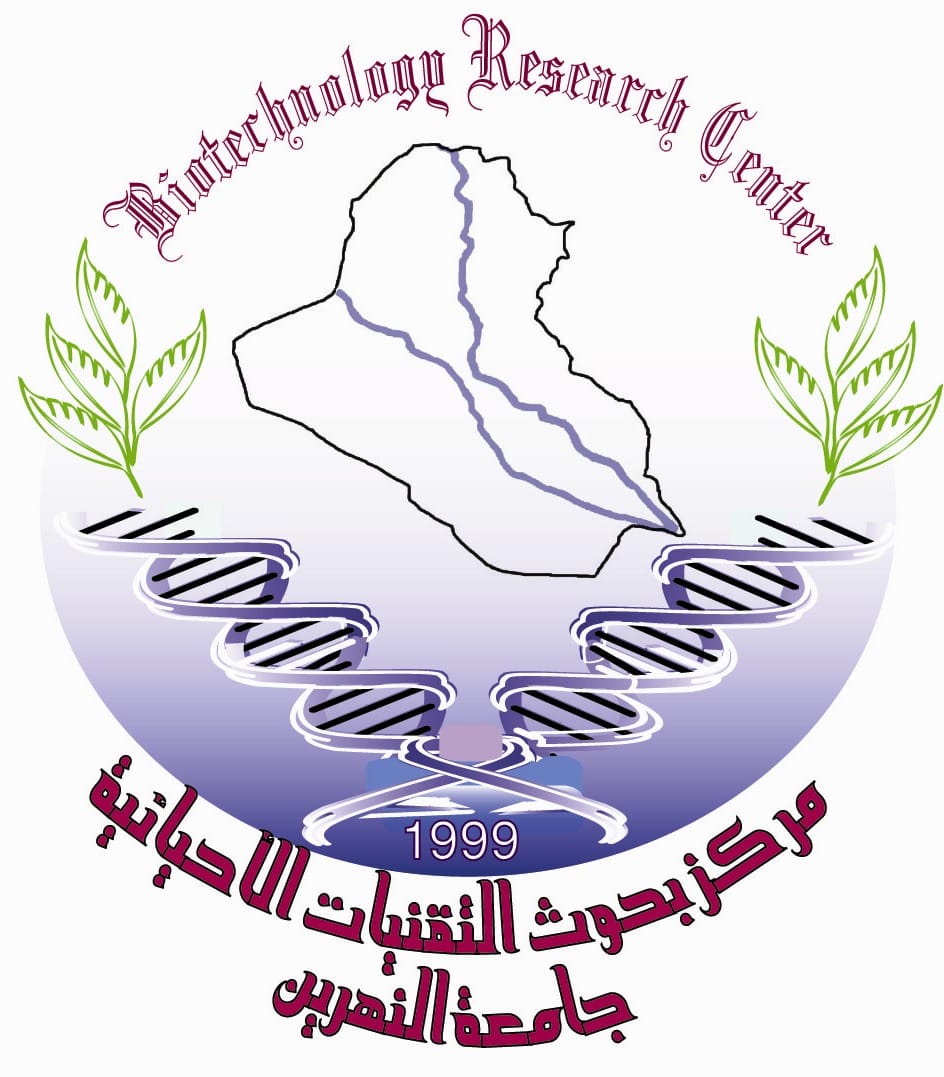Histological and DNA fragmentation impact of aluminum oxide nanoparticles in male albino rats and the role of fenugreek plant extract
DOI:
https://doi.org/10.24126/jobrc.2025.19.2.814Keywords:
Aluminum , Antioxidants , Tests , fenugreek , DNA fragmentationAbstract
Background: Aluminum is an element that affects the functions of living organisms. It enters the body in several ways and has negative effects. Various nanoparticles are widely used in the field of industry and medical materials, especially metal oxides. Fenugreek (T. foenum graecum) is an herbal medicine that can reduce genotoxicity, the effects of inflammatory cells, and reduce oxidative stress because it contains beneficial chemical compounds, including sugars, saponins, flavonoids, fiber, choline, and trigonelline. However, their impact on public health is still not completely clear. Objective: Identify the extent of the effect of aluminum oxide nanoparticles in causing DNA- fragmentation in the male reproductive system and specific damage to testicular tissue and determine the effective preventive role of the action of the plant extract of fenugreek seeds in treating the condition and improving the results in all groups treated with aluminum oxide nanoparticles for two periods after the end of the period of dosing them with the nanoparticle, and then giving them aqueous extract of fenugreek seeds only for 14 days. Methodology: The study was conducted on 70 male albino rats divided into 14 groups including the control group, who took oral doses of the nanomaterial solution Al₂O₃ NPs in two different concentrations (70 mg/kg and 140 mg /kg) for two periods (21 days and 35 days) while the aqueous extract of fenugreek seeds was given in concentrations ( 2 gm/kg 4 gm /kg ) for 14 days and the end of each experiment was followed by weighing the animals, blood sample of each animal was collected by heart puncture then directly centrifuged and the serum was kept at -80 ◦C for biochemical analysis and some histological standards, the animals were dissected then testes were excised and fixed in neutral buffered 10% formalin for histological preparation and evaluated the levels of DNA fragmentation by examining the Acridin Orange that take part in the Reproductive pathologies. Results: showed that Al₂O₃-NPs caused Testes sections to show seminiferous tubules with certain degeneration and necrosis of spermatogonia cells besides necrotic debris inside the lumen, no sperms appearing inside the lumen, as well as a significant increase (P≤ 0.05) in DNA fragmentation in sperms, fenugreek seed aqueous extract, on the other hand, improved testicular tissue and dramatically decreased DNA fragmentation. Conclusions: The current study concluded that Al₂O₃ caused through oral administration in high concentrations and for long terms causes tissue testicular damage and an increase the DNA fragmentation by generating oxidative stress and aqueous extract of fenugreek seeds succeeded in alleviating the harmful effects of Al₂O₃ and by curbing DNA- fragmentation.
Downloads
Published
How to Cite
Issue
Section
Categories
License
Copyright (c) 2025 Zainab R. Hameed, Areej A. Zabbon, Genan A. Al-Bairuty

This work is licensed under a Creative Commons Attribution 4.0 International License.
This is an Open Access article distributed under the terms of the creative commons Attribution (CC BY) 4.0 license which permits unrestricted use, distribution, and reproduction in any medium or format, and to alter, transform, or build upon the material, including for commercial use, providing the original author is credited.










